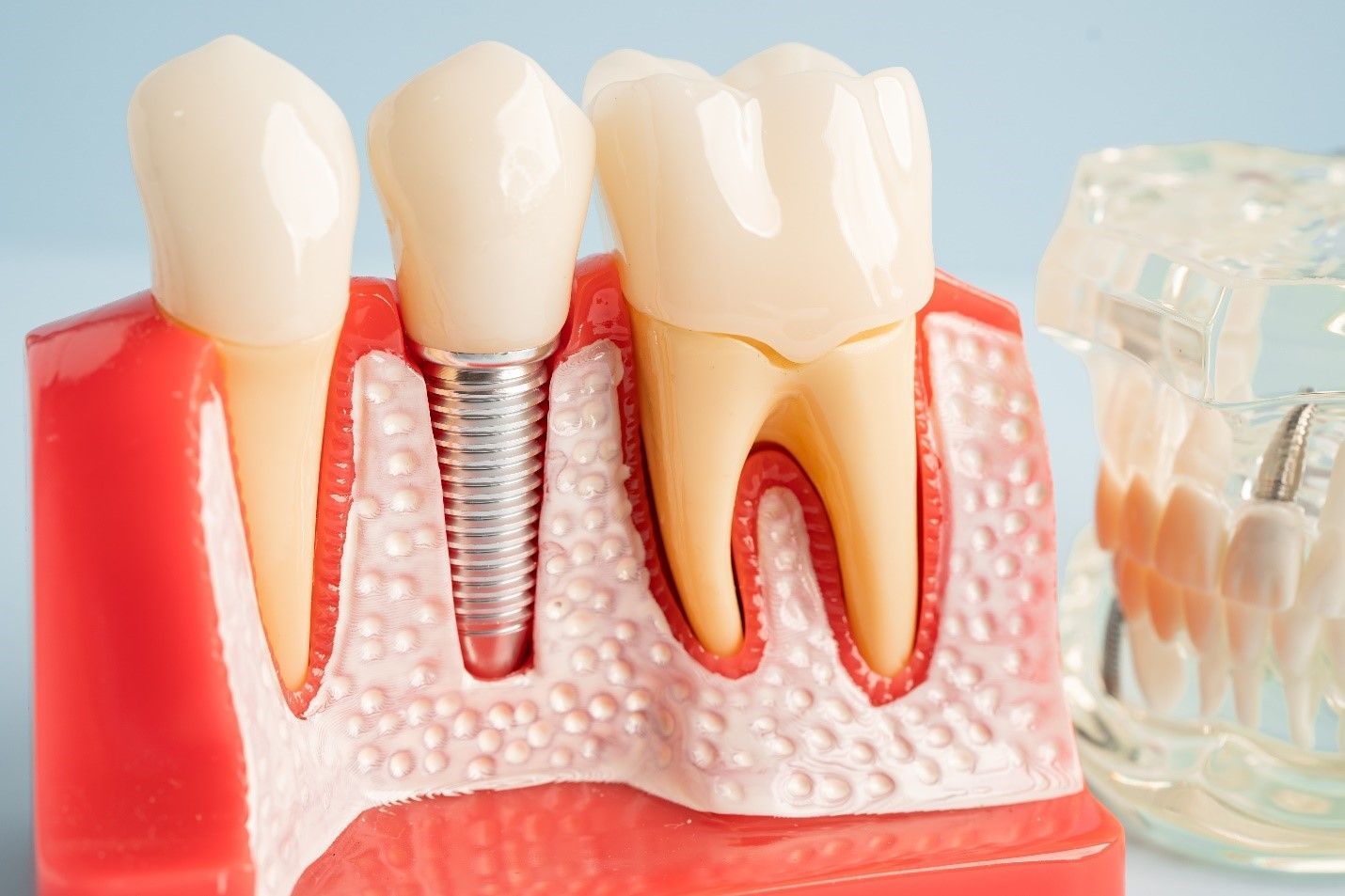SEPTEMBER 2020
QUICK MENU
RECENT POSTS

Let's face it – choosing a new dentist can feel a bit overwhelming! Whether you're new to the area or just looking for a change, finding the right dental home is an important decision that impacts your health and peace of mind. At Citracado Dental Group, we love welcoming new patients into our family care dental in Escondido, and we want to share some friendly guidance on finding the best provider for you.

As the leaves change to vibrant shades and the scent of pumpkin spice fills the air, October brings more than just cozy sweaters and Halloween treats. It's also National Dental Hygiene Month! At Citracado Dental Group, we're excited to shine a spotlight on the importance of maintaining those healthy smiles.








